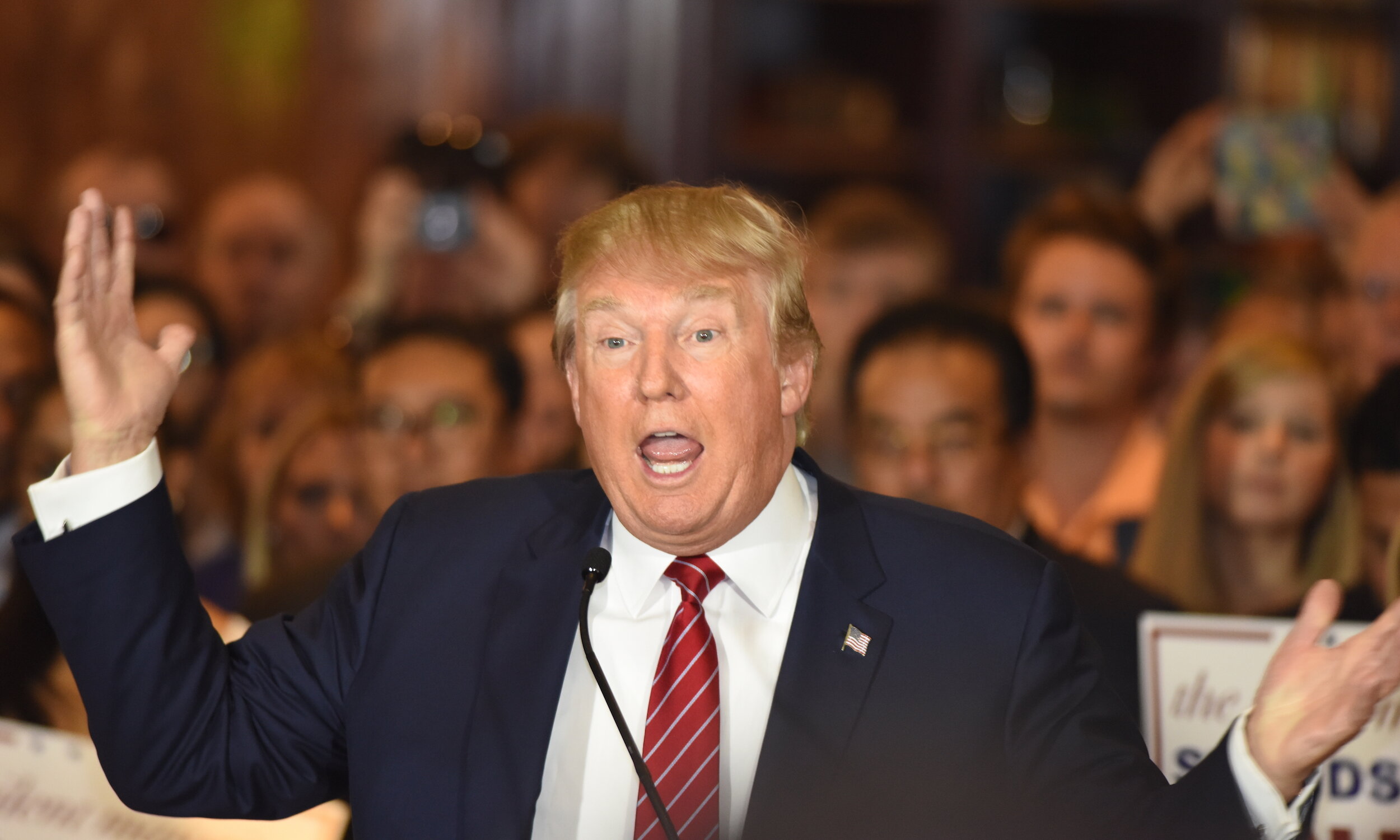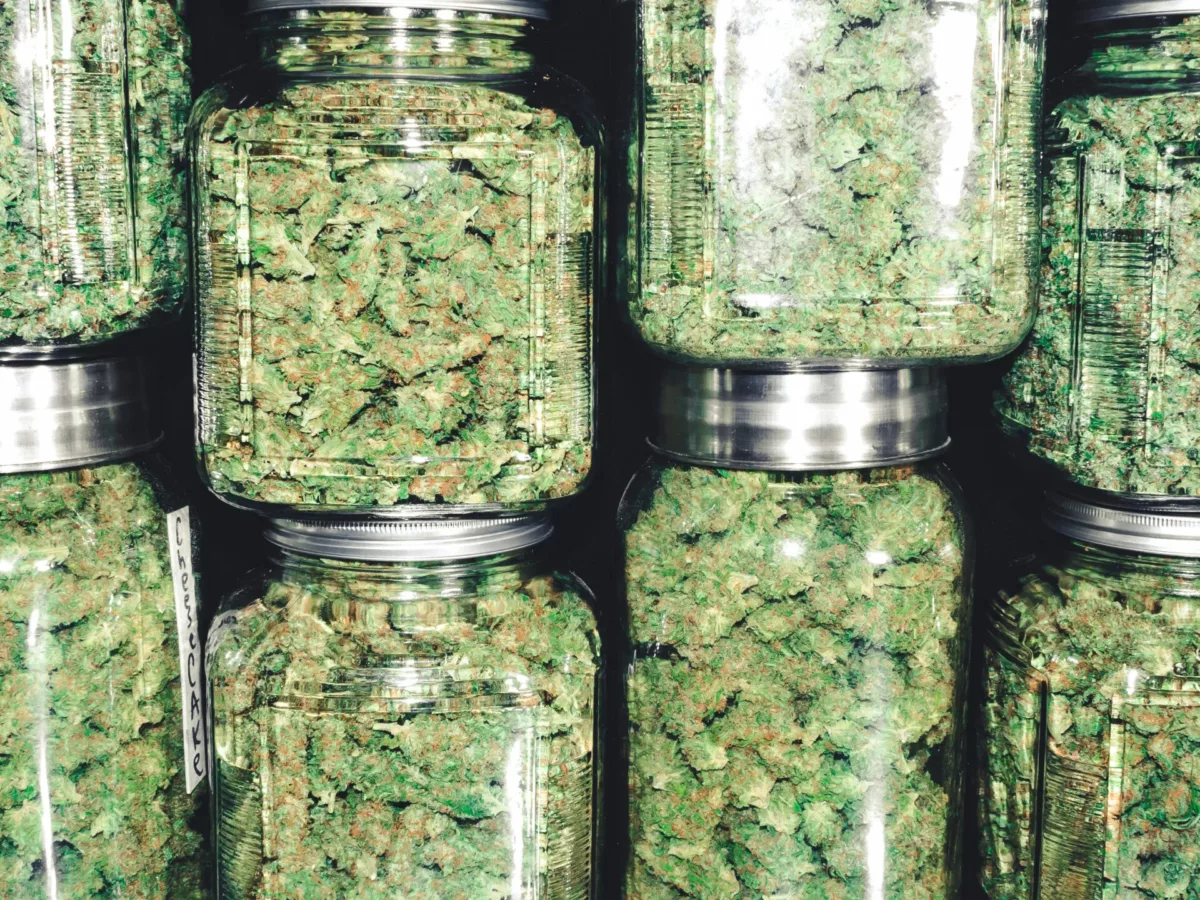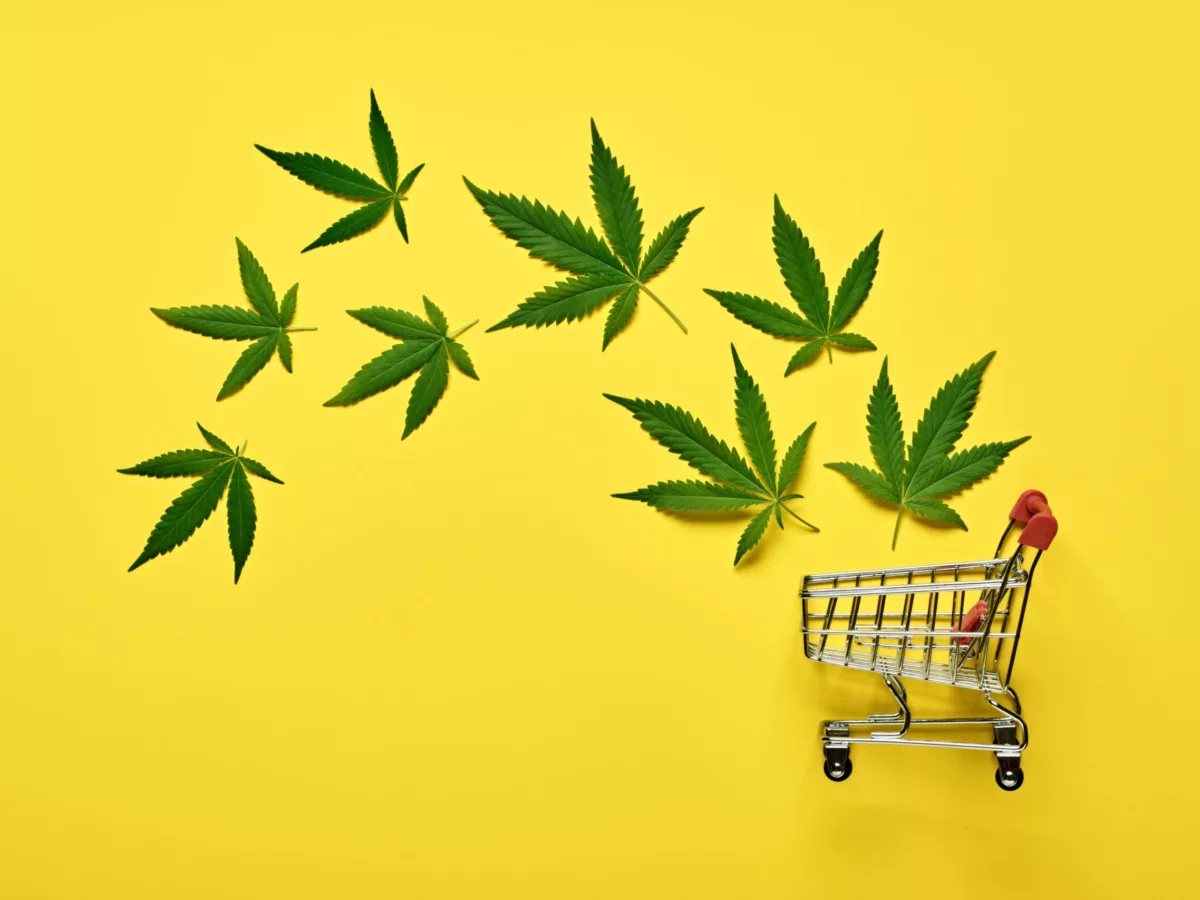President Donald Trump began last week by suggesting the United States use the death penalty for people who use and deal drugs and proposing the removal of federal protections to states running medicinal cannabis programs. And that was all before we learned that former Trump advisor Roger Stone would have his prison sentencing recommendation reduced at the behest of Attorney General Bill Barr and it would seem, Trump himself—a troubling overreach of power by the Trump administration who it seems, never stops overreaching.
The inconsistency when it comes to rule of law is not exactly new for Trump either, though this effort to go soft on Stone—who was found guilty of among other things, lying to congress and witness tampering—is especially noteworthy during a week where he also spoke of expanding the war on drugs and capping cannabis reform.
Namely, that’s because Stone himself is a well-known cannabis supporter. Back in 2017, Stone announced he was going to try to encourage Trump to legalize cannabis. At the time, Leafly even asked, “Can an Inclusive Cannabis Industry Include Roger Stone?” In defense of Stone (whose federal indictment claimed he threatened to steal potential witness Randy Credico’s therapy dog and also told Credico, “prepare to die”), Trump even invoked people who use drugs to justify reducing Stone’s sentencing. “You have murderers and drug addicts that don’t get nine years,” Trump said.
Stone’s recommended sentencing before the DOJ intervened would have been 7-9 years.
In a 2017 interview with Democracy In Crisis (a syndicated Trump column I edited at the time), Stone told reporter Baynard Woods about his collection of Richard Nixon bongs. “One’s in the shape of his head, the other is kind of more artsy,” Stone told Democracy In Crisis. “They’re both very cool but they’re a symbol to me that the war on drugs, as waged by Nixon, was a failure—is a failure.”
Nixon, who Stone worked for, was an architect of the drug war. In 2016, a 1994 quote from former Nixon domestic policy adviser John Ehrlichman was unearthed that laid out the intentions of the war on drugs loud and clear. “The Nixon campaign in 1968, and the Nixon White House after that, had two enemies: the antiwar left and black people,” Ehrlichman said back 1994. “You understand what I’m saying? We knew we couldn’t make it illegal to be either against the war or blacks, but by getting the public to associate the hippies with marijuana and blacks with heroin, and then criminalizing both heavily, we could disrupt those communities.”
Trump however, is not looking back to Nixon draconian’s American drug policy for inspiration but modern-day right-wing strong men and countries such as China which has the death penalty for drug offenses. Last week, Trump specifically cited China’s policy: “I don’t know that our country is ready for [the death penalty] but if you look throughout the world, the countries with a powerful death penalty—death penalty—with a fair but quick trial, they have very little if any drug problem—that includes China,” Trump said.
As Vox noted, drug use in China has not been reduced by having the death penalty: “Records from the Chinese government indicate that there are more than 2.5 million officially registered drug users in the country, and that the total has increased significantly in recent years. (The real numbers are likely much higher since not all drug users have registered with the state.),” Vox‘s Aaron Rupar reported.
Trump’s death-to-dealers language also invokes Rodrigo Duterte, who since he became president of the Philippines in 2016, has enacted an extrajudicial attack on people who use drugs and deal drugs. Human Rights Watch reports that as of 2019, Duterte’s policy had resulted in the death of nearly 23,000 people—with nearly 5,000 of those directly attributed to police in the Philippines. Similarly brutal is Brazilian president Jair Bolsonaro’s attacks on people who use drugs and deal drugs. Bolsonaro has repealed harm reduction policy and has enabled what the New York Times called “death squads” to kill people who deal drugs.
Before becoming president, Trump had claimed to support medical cannabis and states’ rights to legalize cannabis. In an April 1990 article in the Sarasota Herald-Tribune, Trump’s described the nation’s drug enforcement effort as “a joke,” saying, “We’re losing badly the war on drugs. You have to legalize drugs to win that war.” In February 2016, Trump told Fox News host Bill O’Reilly that he was “100 percent” in favor of medical cannabis. He has also repeatedly stated since then that legalizing cannabis should be left to the states, and determined in mid-2018 to end potential federal crackdown on cannabis industries in states where it is legal.
Despite this, Trump has made no moves to deschedule cannabis or make it legal under federal law. Trump’s decision to hire Alabama Sen. Jeff Sessions, a longtime opponent of cannabis decriminalization, to fill the Attorney General position was nearly incompatible with the president’s previous stance on legalizing cannabis. Before Sessions resigned, he asked congressional leaders to undo federal protections, known as the Rohrabacher-Farr amendment, that prohibit the Justice Department from using federal funds to prevent states from implementing their own laws on legalizing and regulating cannabis.
When Stone spoke to Democracy In Crisis, he even mocked Sessions’ stance on cannabis.
“Sessions comes out of that conservative, southern, old-time tradition,” Stone said. “I think he’s quoted as saying, ‘Good people don’t smoke marijuana.’ No, senator, sick people smoke marijuana. And it helps them. More than western medicine sometimes. He has no life experience with that. He could not possibly understand.”
Just last month, a secret recording of a conversation with Trump was released where Trump was heard making the false claim that the use of cannabis can lead to people losing IQ points. He added, “In Colorado, they have more accidents,” which reflects a widespread belief that has been refuted in a study published in the American Journal of Public Health. The recording was captured at a dinner conversation in April 2018 by Lev Parnas, a former associate of Trump’s attorney, Rudy Giuliani (meanwhile, a Parnas associate who is awaiting trial was “working on a medical cannabis research deal with the Department of Veterans Affairs just weeks before his indictment,” Politico reported).
Given Trump’s desire to maintain the status quo on cannabis, apparent involvement in changing the sentencing recommendations for Stone, what his proposed 2021 federal budget says about cannabis feels more loaded. His 2021 federal budget suggests dropping federal protections for state-legal medical cannabis businesses and patients and also includes a rider that blocks Washington, D.C.’s ability to use local tax dollars to legalize cannabis sales. As Marijuana Moment reported, Trump has proposed this in his past two DOJ budgets as well and Congress has rejected it.
Still, at the same time that Trump shows he’s willing to bend the DOJ to his whims, talks about ramping up the drug war and rolling back cannabis law, the cannabis community should be concerned.
Additional reporting by Michelle Goldchain.
Photo of President Donald Trump by a katz via Shutterstock.






